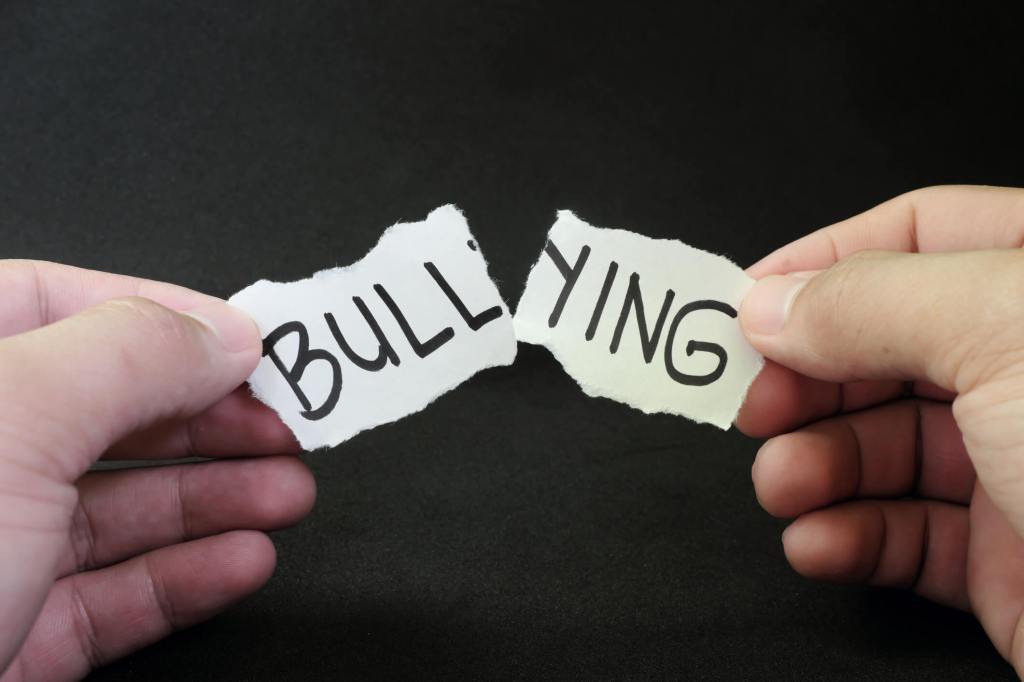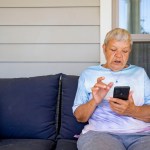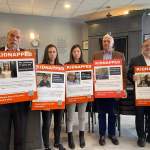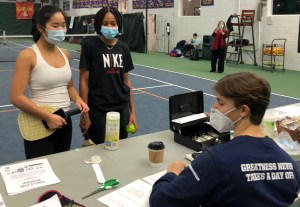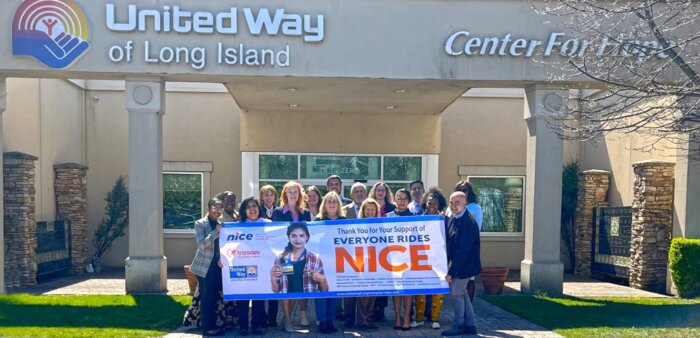Long Island Coalition Against Bullying Promotes Acts of Kindness
It costs nothing to be nice, so the saying goes, but in the war on bullying in schools, small acts of kindness among classmates can prove priceless in creating a healthier environment.
Helping instill in children the immeasurable benefits of choosing to treat others kindly instead of meanly is the Farmingdale-based nonprofit Long Island Coalition Against Bullying, which regularly hosts school talks in its mission to spread positivity and help survivors overcome being bullied.
“To love a child is to help a child — especially with their mental health — and there should be no shame or judgment in doing so,” said Joe Salamone, the group’s executive director.
Sixty-eight percent of students on Long Island say they observe or experience bullying in middle school, 87% say they have observed verbal bullying in their school, and 65% say they or someone they know have been bullied online, according to the group.
Some of the worst cases of school bullying have ended tragically with students dying by suicide, although statistics showing how many are elusive beyond the cases that have made local news over the years.
“Bullying is a serious issue that occurs every single day in our communities and must be addressed,” Salamone said. “An acute awareness of the signs of depression, anxiety and bullying — and the bravery to intervene and offer resources to those struggling — is paramount. Too often do we hesitate to take action when alarm bells may be ringing.”
Of course, bullying doesn’t end when the school bell rings or even after graduation. Adults can do their part to share the wisdom of the golden rule — treat others as you want to be treated — to weed out bullying at home before it starts in school.
“We must remember that this issue is not one that can be solved by pointing fingers at one party or another,” Salamone said. “From parents to peers, schools to nonprofits, private citizens to government officials, we all play a role in this issue and bear responsibility for the protection of our children.”



